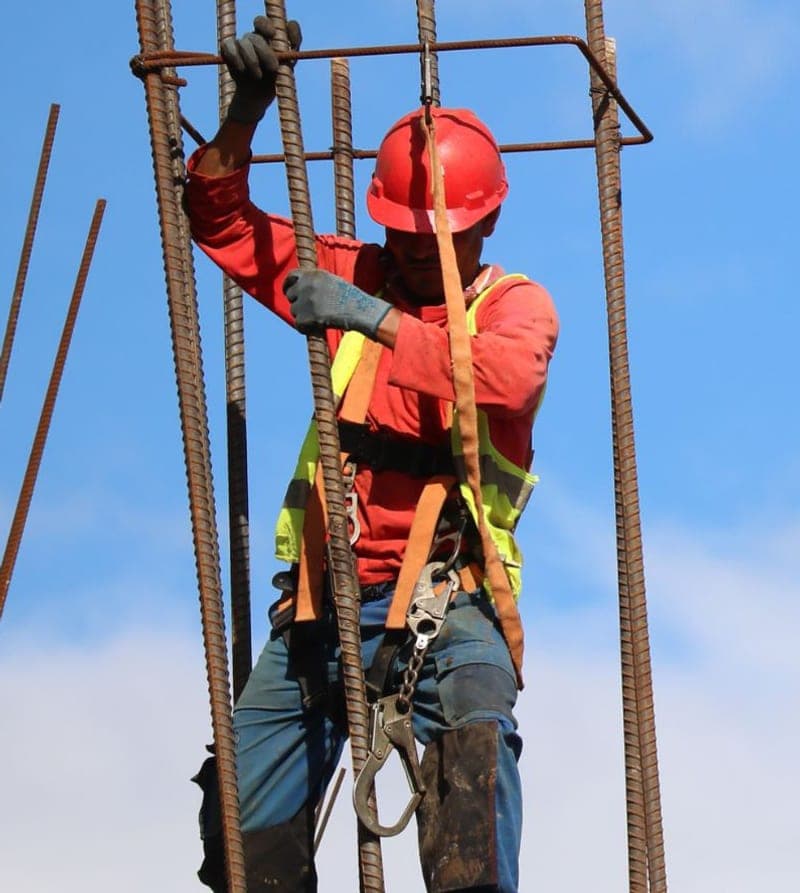AI-Generated Summary
Context and Purpose
The report Advancing Just Transitions in the Built Environment is published by the Institute for Human Rights and Business (IHRB), focusing on the intersection of human rights and environmental sustainability in urban development. It aims to address the urgent global challenges of climate change and social inequality, emphasizing the importance of equitable climate actions in urban settings.
Key Findings
The built environment, which includes buildings and construction, is responsible for 37% of global energy-related carbon emissions. Therefore, the report highlights the necessity for decarbonization policies that respect human rights, particularly concerning housing rights, workers' rights, and participatory governance. The IHRB's two-year research project incorporates case studies from cities like Lagos, Prague, and Melbourne, revealing both positive examples of green initiatives and significant risks such as "renovictions" and "green gentrification."
Human Rights Risks and Recommendations
The report identifies the necessity for inclusive policies that involve affected communities in decision-making processes. It provides 44 recommendations for governments and investors, emphasizing the need for context-specific investments and community participation. Key recommendations include developing just transition plans, protecting against renovictions, and ensuring that climate actions are grounded in equity.
Insights from Global Cities
The study examines cities in both the Global North and Global South, noting that while cities in the Global North (like Copenhagen and Lisbon) are more advanced in implementing decarbonization initiatives, they still have higher per capita emission levels compared to those in the Global South. In contrast, cities in the Global South (such as Jakarta and Lagos) face immediate urban challenges that complicate the implementation of national climate policies.
Key Challenges and Solutions
The report underlines the risks of failing to undertake green transitions in an equitable manner, which could exacerbate socio-economic inequalities and human rights violations. It calls for a holistic approach, urging cities to either reactively address green backlash or proactively create strategies that integrate climate and social issues.
Recommendations for Just Transition
The report emphasizes the importance of multi-level governance, social equity in climate action, and the need for a shift in narrative around the built environment. It proposes that urban leaders and industry stakeholders adopt a commitment to an inclusive ecological transition, integrating human rights into everyday practices.
Conclusion
The report serves as a vital resource for stakeholders interested in sustainable housing, providing a comprehensive overview of the challenges and opportunities present in the built environment. It advocates for systemic changes that prioritize social justice alongside climate action, aiming for a future where both human rights and environmental sustainability are upheld.
